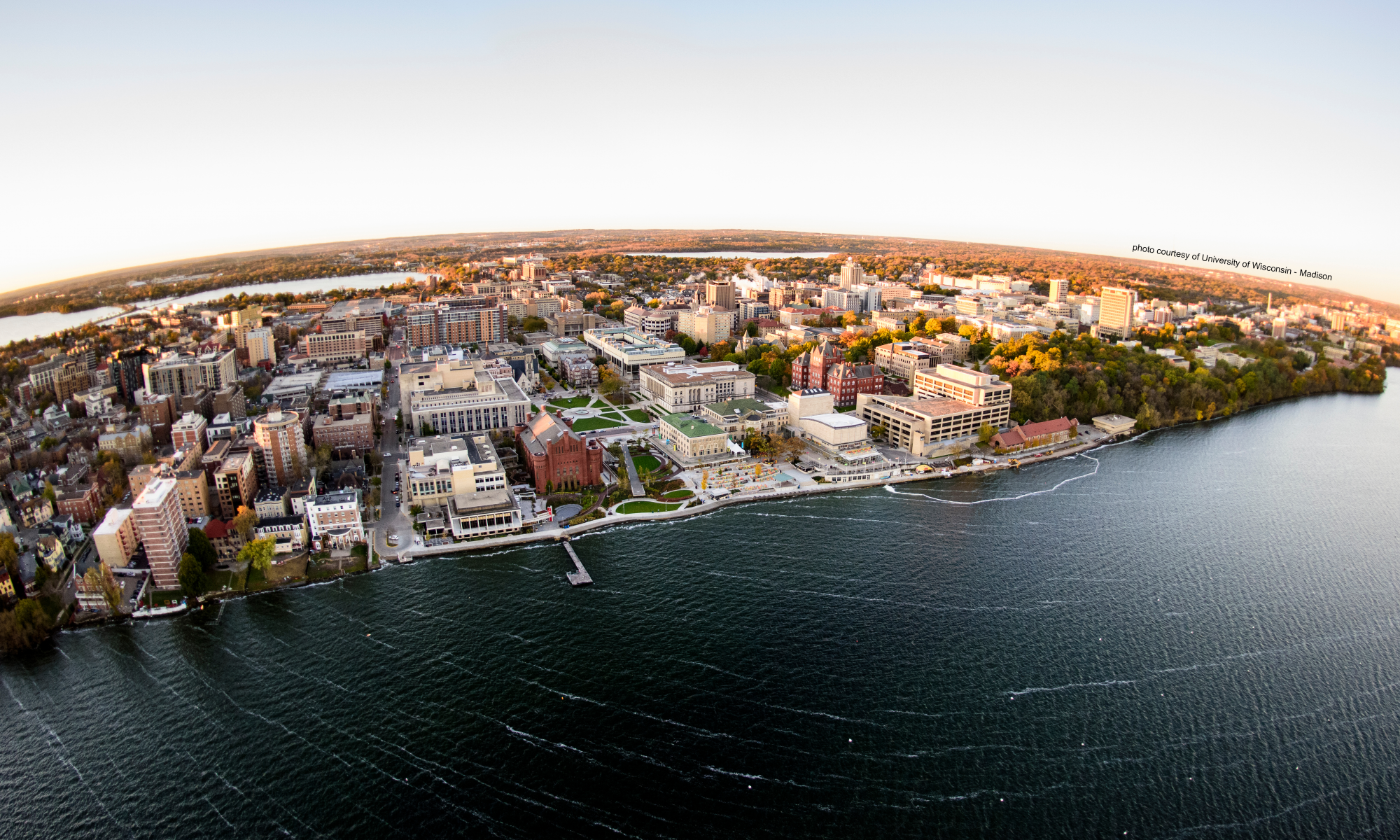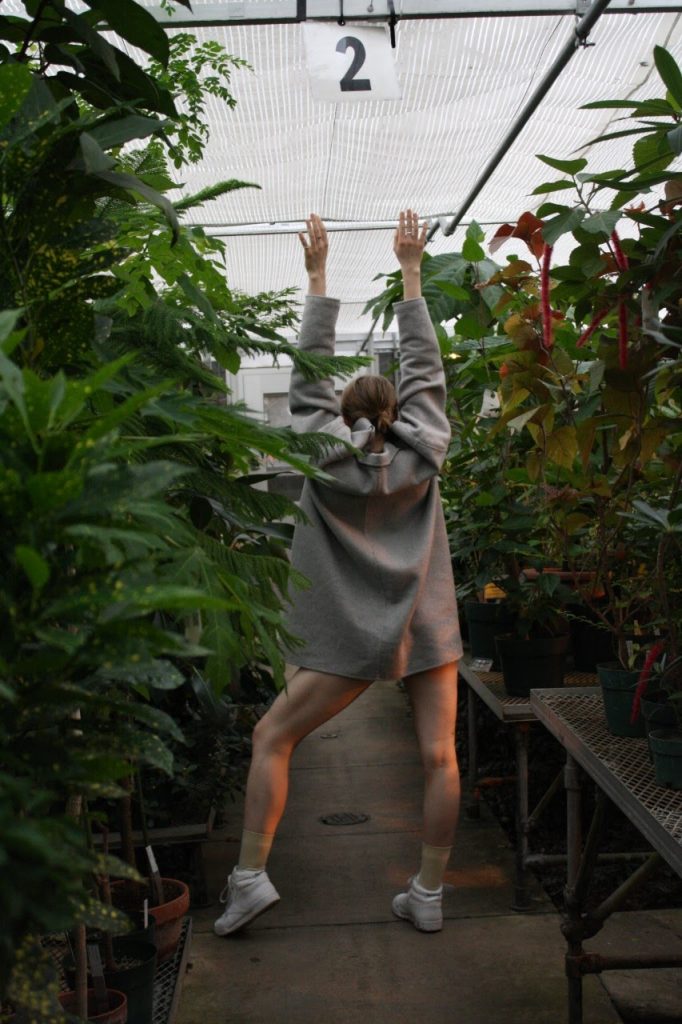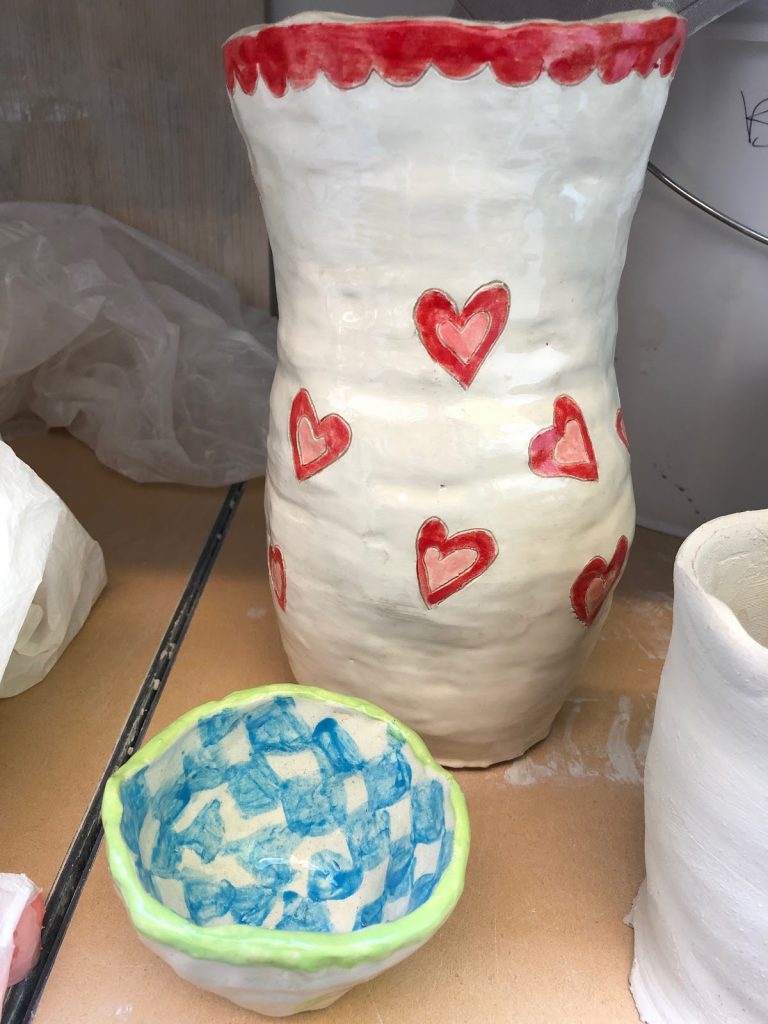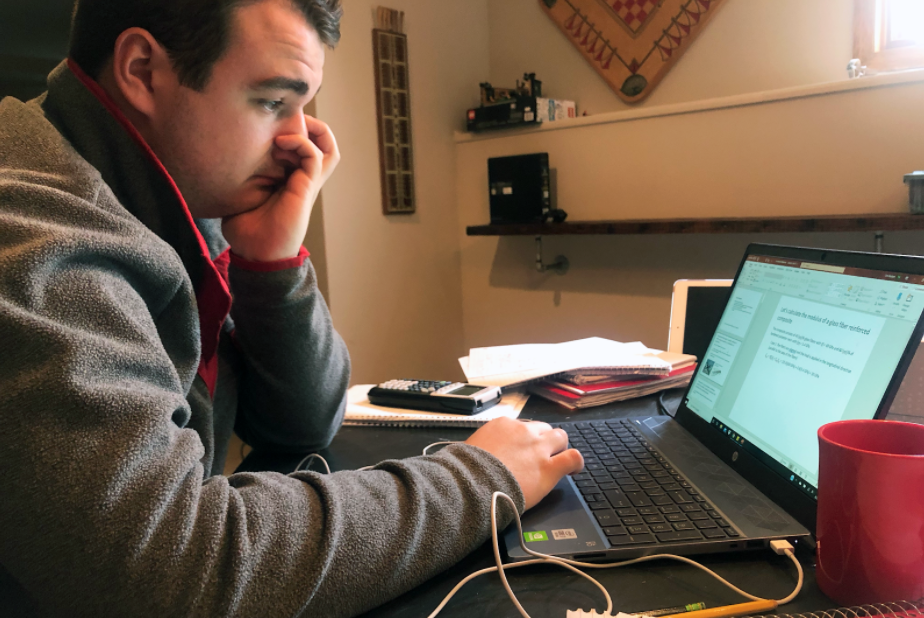2020 Seniors Faced with Uncertain Future Remain Positive

Senior year at the University of Wisconsin is usually filled with activities like making memories on the Memorial Union Terrace and sitting on Abraham Lincoln’s lap.
However, the announcement that in-person classes had been canceled for the remainder of the semester brought those plans to a halt. Instead, students were left scrambling to sort out their post-graduation employment plans while finishing their college experience in quarantine. Many employers are freezing their hiring process as they deal with the financial fallout that the suspension of everyday life has carried.
Pam Garcia-Rivera, Media, Information and Communication Career Advisor
with the School of Journalism and Mass Communication, helps students with connections and advice as they work to find internships and jobs after graduation. That process has become more difficult due to COVID-19 since there are fewer professional development and networking events and fewer job opportunities in general.
Garcia-Rivera worked with SuccessWorks, a career advising service through the College of Letters and Science at UW-Madison, during the financial crisis in 2008. She was able to draw some comparisons between that period and what students are experiencing now.
“I remember then it got really quiet, students were very quiet. I think they sort of gave up, and I think that’s sort of what happens, is people get frustrated. It’s like, ‘well, there are no jobs out there, so I’m not going to look,’” Garcia-Rivera said. “I think students who continue to keep their eyes open, keep looking, try and stay positive, make connections, are going to be in a better place when things start to come back.”
In addition to having fewer opportunities to work with, Garcia-Rivera also said students have been reaching out less for career advice.
“I think students have been a little bit more quiet because there’s nothing really happening and maybe they can’t really think of what to reach out to me for,” Garcia-Rivera said.
UW senior Eric Anderson is double majoring in marketing and management/human resources and was far along in the process of applying for a pair of jobs in Chicago when the companies froze their hiring operations. Anderson’s original plan was to work for approximately four years after graduation prior to applying to graduate school. As a result of the uncertainty surrounding his employment, he now plans to study for his GMAT, the exam required for admission to many MBA programs, during the summer with the hope of attending graduate school one year after graduation.
“I’ve had this future plan for a while. Ever since my sophomore year, I’ve always wanted to have employment right out of college, work for three or four years, go to grad school, and now that that whole thing’s flipped upside down. It sucks,” Anderson said. “It’s caused me a bunch of distress about the future because what used to be really nice and predictable is now kind of flipped upside down.”
Amanda Scharenbrock is also a senior at UW-Madison majoring in genetics with a certificate in gender and women’s studies. She was planning on working in her research lab on campus for approximately two years before applying to graduate schools. She expressed optimism that she would still be able to work in the lab, although there’s some uncertainty regarding when she’ll be able to return.
“I know I’m going off of grant money, so I probably could get hired right away because it’s a little different,” Scharenbrock said. “Even if I did get hired on right away, I wouldn’t have anything due and I couldn’t go into [the] lab.”
Both Anderson and Scharenbrock expressed disappointment about having their in-person commencement postponed. Both said that they knew the measure was necessary, but they had been looking forward to the in-person event.
The university announced plans for an alternate in-person event at a later date, but it’s unclear what that event could look like. Although both Anderson and Scharenbrock were appreciative of the gesture, Anderson was disappointed that he wouldn’t get to have a moment of closure with some of the friends he had made during college.
“For me, the biggest thing that I feel like the pandemic really took away is not being able to have a formal goodbye with some of those people you don’t necessarily see on an everyday basis that you get close with,” Anderson said.
Kathleen Culver is a journalism professor at UW-Madison who is helping to plan a virtual tribute to the graduating seniors. She remembered words of encouragement from an alumnus who graduated approximately 25 years ago who said that he didn’t remember his commencement ceremony, but he did remember the connections he’d made during college and the memories that they had.
While the coronavirus has had immediate impacts for seniors in their second semester, other students late in their college experience have also been deeply impacted.
Trevor Suess is a junior at the University of Minnesota studying elementary education who was completing required in-person practicum hours during the spring semester. As a result of the suspension of in-person classes, he’s unsure whether he’ll require more years of schooling in order to complete his practicum hours.
“[The elementary education program] is currently talking with the governor of Minnesota to see if they can get in-class hours waived so that we don’t have to make up the in-class hours that we lost because of this,” Suess said. “I’m worried for the sake that working with kids is something that, it helps to have a lot of person-to-person experience, and that’s not happening right now.”
Suess was planning on staying in Minneapolis over the summer while working in a child-care program or interacting with children through the parks and recreation department. He still plans on remaining in Minneapolis over the summer, but he’s unsure whether he’ll be able to secure employment, especially in his field.
Elizabeth Somsen is in her first semester of her senior year at UW-Madison, studying genetics and genomics. She intended to intern with the National Institutes of Health in Maryland over the summer, but the internship program was canceled as a result of COVID-19. If fall classes were online, she said she’d likely delay her graduation plans as a result.
“If we were going to go all online for the fall semester, I would seriously think about dropping that semester and finishing in the spring,” Somsen said. “I’m missing out on the things that I would have learned, and I just don’t want that. I’d rather just be able to learn all of the things.”
Despite the uncertainty in the middle of her senior year, she recognized how important the safety measures were for protecting public health.
“I think that we all have to not lose the perspective of the situation which we had at the beginning, which is that this is a virus that kills people,” Somsen said.
Seniors in quarantine face disappointment and uncertainty, but many are remaining hopeful for their futures following commencement.




